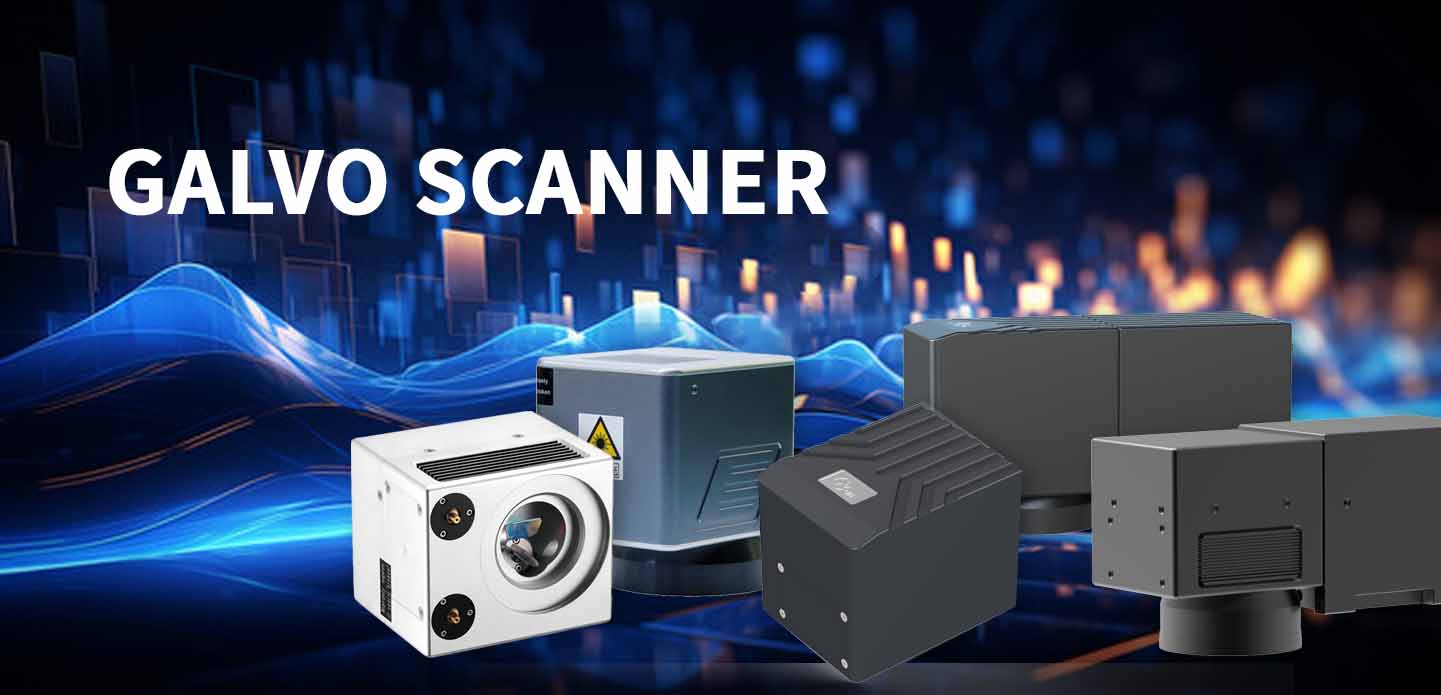Laser galvanometers, sometimes referred to simply as galvanometers, play a crucial role in the evolution of laser technologies used in numerous industries. These devices are precision instruments designed to control the positioning of a laser beam along two axes, enabling high-speed scanning and precise laser processing. With the increasing demand for automation and sophistication in laser applications, the importance of laser galvanometers is more pronounced than ever. This article delves into the functionality, working principles, and diverse applications of laser galvanometers in contemporary settings, highlighting their significance in advancements across various fields.
Understanding Laser Galvanometers
At their core, laser galvanometers are devices that utilize the principles of electromagnetic rotation to manipulate the direction of a laser beam. By employing mirrors affixed to galvanometer motors, these systems can direct the laser beam precisely and rapidly – a capability essential for applications like engraving, cutting, and scanning. The typical setup involves two pivotal galvanometer heads controlling X and Y axes’ movement. This arrangement allows for a dynamic range of motion, enabling the laser to traverse an area with speed and accuracy.
Laser galvanometers operate based on the principle of closed-loop feedback control, which ensures that the position of the beam is monitored and adjusted in real-time. High-resolution encoders are integrated into these systems, providing high positional accuracy and quick response time. The adjustment speed of the mirrors is typically measured in kilohertz, allowing for speedy movements that are beneficial in industrial applications.
Advantages of Laser Galvanometers
One of the primary benefits of using laser galvanometers is their exceptional speed and accuracy in beam positioning. This advantage translates into improved productivity, especially in manufacturing processes where time efficiency and precise cuts are critical. Furthermore, the compact design of these devices allows for easy integration into existing laser systems without requiring substantial modifications.
Another notable advantage is the versatility of laser galvanometers, making them suitable for a wide array of applications. Whether utilized in medical devices for laser surgeries, in the automotive industry for marking parts, or, more generally, in manufacturing and fabrication processes, galvanometers provide manufacturers with the adaptability needed in today’s fast-paced technological landscape.
Applications in Industry
1. Medical Field: In the medical sector, laser galvanometers are extensively used for laser surgeries, such as LASIK eye procedures. These procedures require high precision to ensure safety and effectiveness. Furthermore, they are also utilized in dermatological treatments and laser tattoo removal, providing a controlled way to target specific areas of skin.
2. Manufacturing and Material Processing: Laser galvanometers have carved a niche in material processing, where they are used for cutting, engraving, welding, and marking various materials, including metals, plastics, and ceramics. The ability to quickly switch the focus and position of the laser allows for intricate designs and custom patterns, enhancing product quality and eliminating the need for additional finishing processes.

3. Electronics and Automotive: In electronics, laser galvanometers are used for tasks such as soldering, cutting circuit boards, and marking components. Their precision ensures that tiny electronic components are handled with care, preventing damage. In the automotive industry, they are often employed for marking parts and engraving serial numbers, both of which are crucial for compliance and traceability.
4. Arts and Crafts: The flexibility of laser galvanometer systems is also appreciated in the arts and crafts sector, where they facilitate custom laser engraving of various materials for decorative items, signs, and promotional products. This facet has seen a rise in interest among small businesses and DIY enthusiasts interfacing with laser technology.
Future Trends
As technology continues to progress, the role of laser galvanometers is expected to expand further. Innovations such as machine learning and artificial intelligence are likely to enhance the operational efficiency of these devices, enabling smarter systems that can self-adjust based on feedback in real-time. The growing focus on automation is also driving the demand for efficient laser processing solutions, where laser galvanometers will remain at the forefront.
In summary, the laser galvanometer is an indispensable tool in the laser technology domain, offering unparalleled speed and precision across various applications. As industries evolve and require more sophisticated solutions, laser galvanometers will undoubtedly continue to play a significant role in shaping the future of laser processing and automation processes. The integration of these innovative devices will be pivotal in driving advancements in technology, paving the way for new possibilities in manufacturing, healthcare, and beyond.
由用户投稿整理稿件发布,不代表本站观点及立场,仅供交流学习之用,如涉及版权等问题,请随时联系我们(yangmei@bjjcz.com),我们将在第一时间给予处理。






